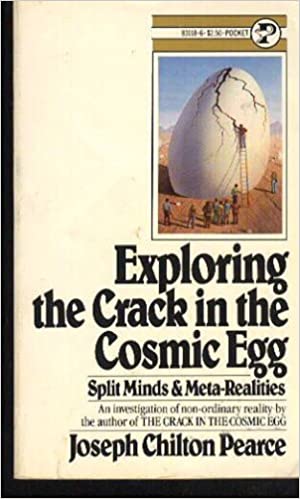What do you think?
Rate this book


Paperback
First published January 1, 1974
"Name labeling, then, leads to semantic overlay, and becomes split-inducing. Realness of phenomena is granted only through name labeling sanctioned by culture; 'realness' is thus dependent on the 'otherness' of that named 'real.' Finally, 'realness' in a semantic reality is that which separates subject from object, that which splits." (p. 72)He could just say: Using language to describe the world makes the world feel more real to us because we are better able to think about the world, but, at the same time, the words we choose imply that we are separate from what we're describing and therefore our language alienates us from the world. And he doesn't have to continue rehashing that point through page 72 and beyond. If he relied on less language and culture to criticize the effect of language and culture—thus making use of his own argument—I would have a more immediate apprehension of the reality he is describing. Yes? I mean, what would better demonstrate his point is if he showed how the world can be better understood through images, sounds, foreign words to which we have no previous exposure, familiar words applied in unorthodox ways—not expressing himself in the very English-language college-level wording that is the very thing he argues is a shroud of phoniness.